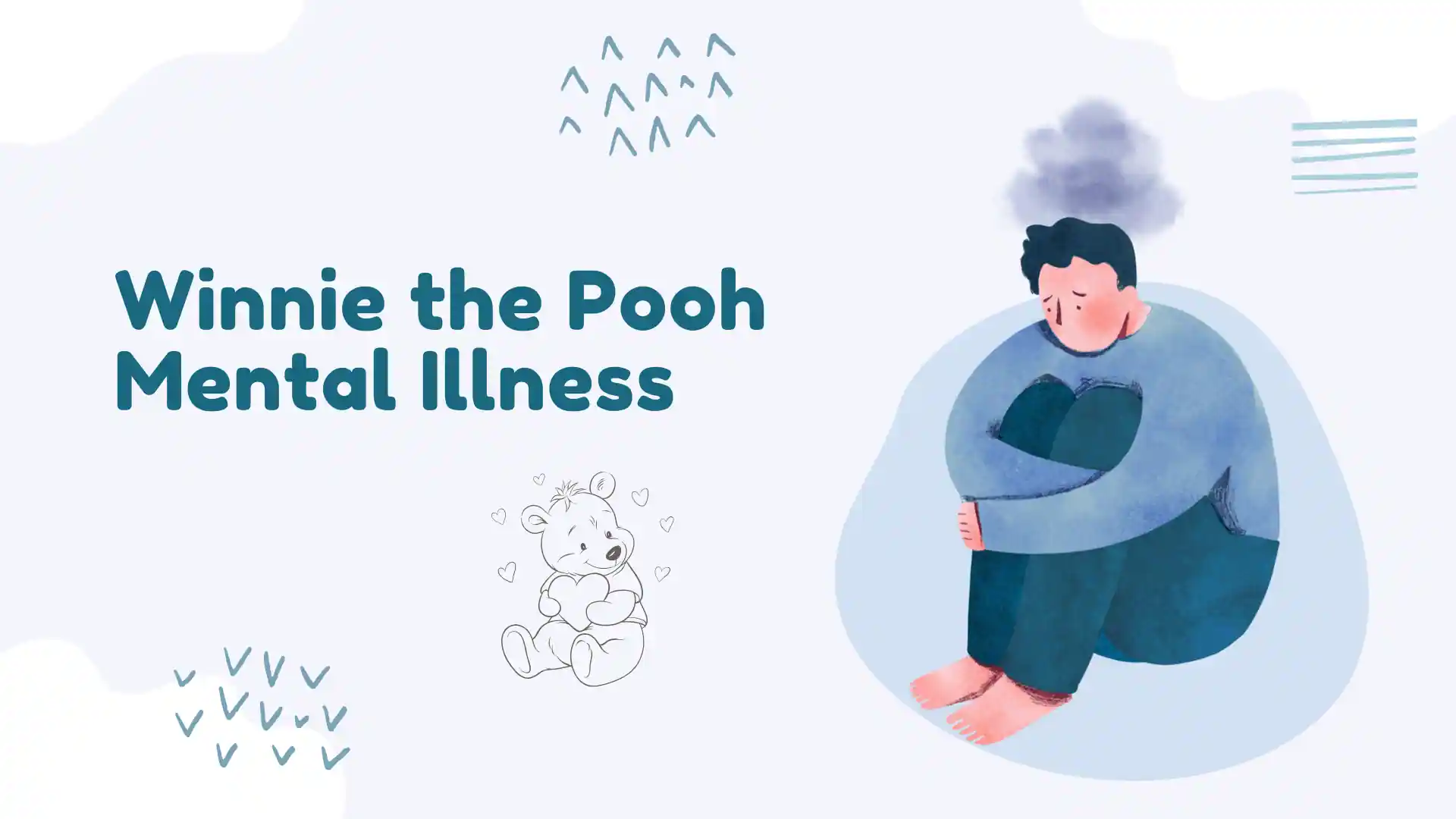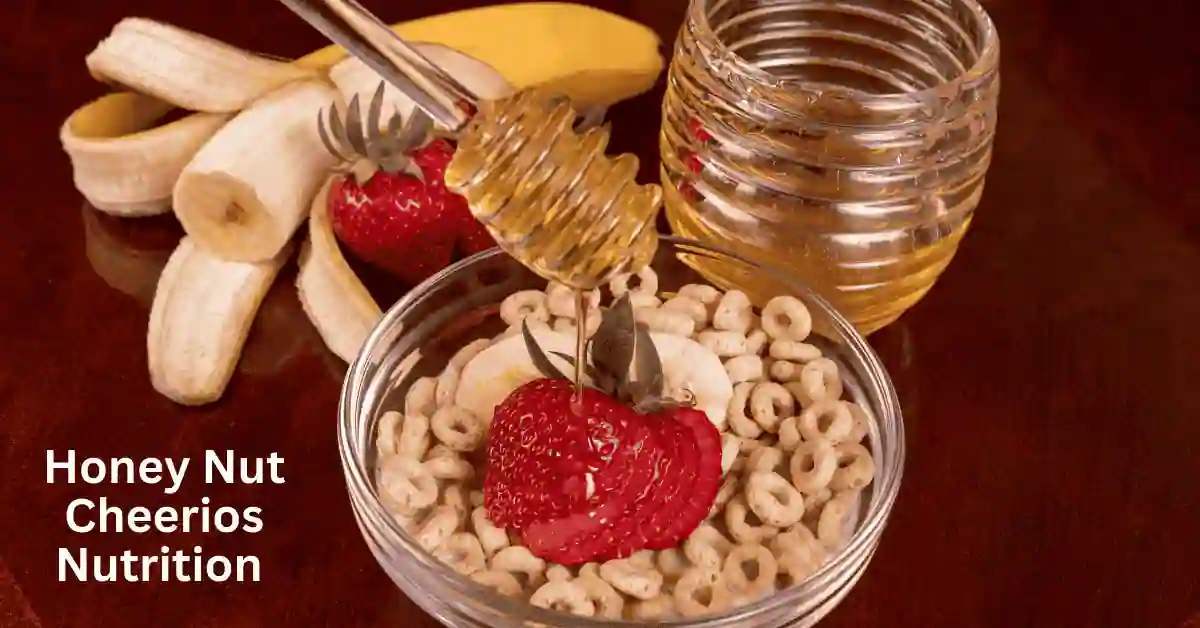Winnie the pooh may seem like a simple children’s story, but many fans have noticed that its characters subtly reflect various mental health conditions. By analyzing the beloved cast of the Hundred Acre Wood, we can see how mental illnesses like anxiety, depression, ADHD, and more are subtly represented through their behaviors. This article delves into how winnie the pooh mental illness interpretations help raise awareness of these conditions.
Table of Contents
ToggleWinnie the Pooh: ADHD and Impulsiveness
Pooh Bear is often seen acting impulsively, particularly when it comes to his love of honey. He’s easily distracted, forgetful, and focuses on whatever excites him at the moment, which mirrors the traits of someone with Attention-Deficit/Hyperactivity Disorder (ADHD). His inability to stay on task and his tendency to act without thinking are key indicators of ADHD, a condition that makes it hard for people toimpacts focus and impulse control . If you’re curious about boosting mental focus, check out our piece on ways to improve mental focus and motivation.
Piglet: Anxiety and Constant Worry
Piglet, the timid and anxious character, is constantly fearful. Whether it’s a storm or a minor issue, he’s often panicking and worrying, which reflects symptoms of anxiety disorders. Piglet’s overthinking and fearfulness, even when there’s no apparent danger, align with common signs of anxiety. Piglet’s character subtly aligns with the theme of winnie the pooh mental illness, particularly around anxiety. If anxiety is impacting your routine, consider these wellness tips to support mental well-being.
Eeyore: Depression and Low Self-Esteem
Eeyore, the melancholic donkey, is frequently portrayed with a gloomy outlook on life. His ongoing sadness, feelings of worthlessness, and low energy are signs of depression. The unwavering support Eeyore receives from his friends illustrates the importance of helping those facing mental health challenges. Eeyore’s portrayal in winnie the pooh mental illness discussions reminds us that even outwardly reserved individuals may be facing internal struggles. If you’re interested in understanding how social support plays a role in overcoming mental health struggles, our article on the impact of emotional health on social well-being may be useful.
Tigger: Hyperactivity and Impulsiveness
Tigger’s boundless energy and excitement are always on display, as he bounces around without stopping. His hyperactive and impulsiveness make him a good example of someone with ADHD. Tigger’s inability to sit still, coupled with his unpredictable actions, shows the challenges of living with hyperactivity. For those dealing with high energy and wanting to focus on balanced fitness, read about optimizing energy in fitness routines.
Rabbit: Obsessive-Compulsive Disorder (OCD)
Rabbit’s obsessive need for organization and control over his surroundings suggests traits of Obsessive-Compulsive Disorder (OCD). He is often frustrated when things don’t go according to plan, and his routines are disrupted. Rabbit’s behavior reflects the compulsive need for things to be just right, a hallmark of OCD. This character highlights the anxiety that can arise from an inability to control one’s environment.
Owl: Dyslexia and Intellectual Challenges
Owl, the supposedly wise character, often shows confusion when it comes to reading and understanding simple information. This could be a subtle representation of dyslexia, a learning disorder that affects reading and writing abilities. Despite Owl’s best efforts to be the intellectual leader of the group, his struggles highlight how intelligence can exist alongside learning challenges. This representation reminds us that everyone has strengths and weaknesses.
The Role of Winnie the Pooh in Mental Health Awareness
While Winnie the Pooh was not originally created with mental health in mind, its characters have inadvertently become symbols of various mental health conditions. By using beloved characters to represent these struggles, the story opens up conversations about mental health in a non-threatening and accessible way. The characters’ journeys encourage empathy and understanding, showing that mental health issues are part of human experience.
What We Can Learn from the Hundred Acre Wood
Empathy and Understanding:
The characters in Winnie the Pooh show us how important it is to accept others’ differences. Whether it’s Pooh’s impulsiveness or Piglet’s anxiety, the group supports each other, teaching us about empathy.
Support Systems Matter:
Despite their mental health challenges, the characters always have each other’s backs. This highlights the importance of having a strong support system, whether through friends, family, or community.
Self-Acceptance:
Winnie the Pooh teaches us that it’s okay to have flaws. The characters embrace each other for who they are, imperfections and all.
Resilience:
Even though they struggle, the characters continue to try their best and support each other, teaching us the value of resilience in the face of adversity.
Celebrating Diversity:
The characters’ different personalities and challenges show that diversity is something to be celebrated. Each person, or character, has something unique to offer.
Conclusion
Winnie the Pooh offers more than just an entertaining story—it subtly addresses real mental health issues. Through characters like Pooh, Piglet, Eeyore, and Tigger, winnie the pooh mental illness themes bring attention to conditions like ADHD, anxiety, depression, and OCD, allowing readers to better understand mental health. These characters remind us that mental health struggles are a natural part of life and that support, understanding, and acceptance are key to overcoming them. By embracing the lessons from Winnie the Pooh, we can approach mental health with empathy and kindness.
FAQs
Is Winnie the Pooh intended to address mental health?
While not explicitly intended to focus on mental health, the characters’ behaviors have led many to associate them with specific mental health challenges.
What mental health condition is associated with Piglet?
Piglet’s constant worry and fear align with symptoms of anxiety disorders.
Why does Eeyore seem so sad?
Eeyore’s feelings of worthlessness and constant sadness suggest depression.
Does Tigger represent ADHD?
Yes, Tigger’s hyperactivity and impulsivity reflect the traits of ADHD.
Can children learn about mental health through Winnie the Pooh?
Yes, Winnie the Pooh provides a gentle introduction to various mental health conditions in a way that’s accessible and relatable to children.






